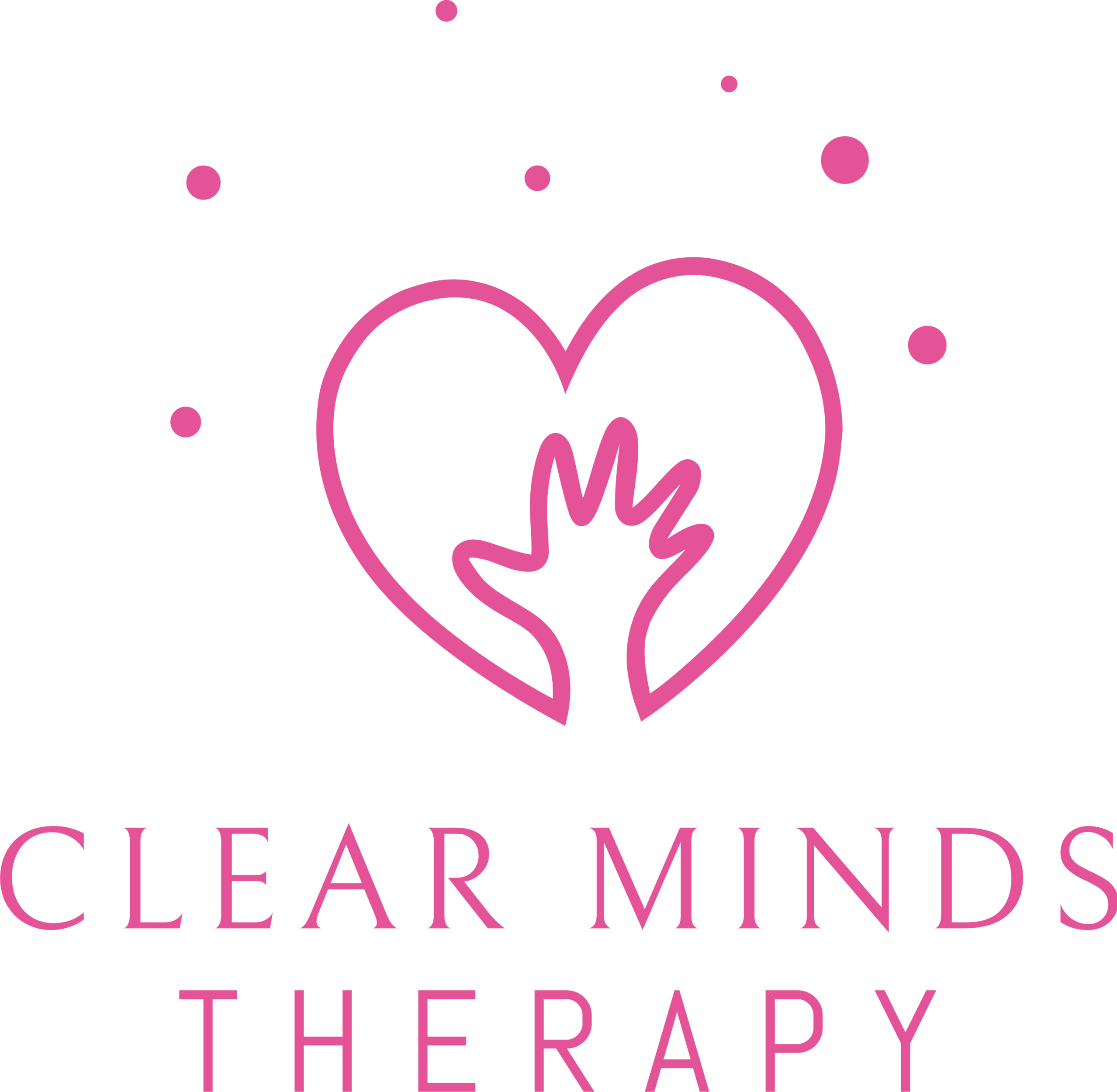Domestic abuse is a serious issue that affects millions of individuals in the UK, transcending age, gender, socioeconomic status, and culture. Despite growing awareness, many victims suffer in silence, unaware of the resources and support systems available to them. This blog aims to delve deeper into domestic abuse in the UK and offer a guide to finding help and support.
What Is Domestic Abuse?
Domestic abuse involves a range of behaviours used to control, intimidate, or harm a partner or family member. In the UK, the Domestic Abuse Act 2021 provides a legal definition that includes physical, emotional, sexual, financial, and coercive control. It’s important to recognise that domestic abuse can happen to anyone, regardless of gender or background.
Types of Domestic Abuse
- Physical Abuse: Includes acts of violence such as hitting, slapping, or choking. These actions often leave visible injuries but can also result in long-term physical health issues.
- Emotional Abuse: Characterised by constant criticism, humiliation, or manipulation, emotional abuse chips away at the victim’s self-esteem and mental well-being.
- Sexual Abuse: Encompasses non-consensual sexual activity or coercion within an intimate relationship.
- Financial Abuse: Controlling finances, restricting access to money, or sabotaging employment opportunities to foster dependency.
- Coercive Control: A pattern of behaviour designed to dominate and isolate the victim, often involving threats, surveillance, or manipulation.
- Digital Abuse: Using technology to harass, monitor, or intimidate, such as sending abusive messages or tracking someone’s location.
Recognising the Signs
Understanding the signs of domestic abuse is crucial for both victims and their loved ones. Key indicators include:
- Sudden withdrawal from social circles or isolation from friends and family.
- Unexplained injuries or frequent accidents.
- A noticeable decline in confidence or self-worth.
- Financial struggles or a lack of control over personal finances.
- Frequent checking in with a partner or visible fear of upsetting them.
Seeking Help and Support in the UK
The UK offers a range of resources for individuals experiencing domestic abuse. Taking the first step toward seeking help can feel overwhelming, but support is available:
- National Helplines:
- Refuge’s National Domestic Abuse Helpline: 0808 2000 247 (24/7, free, and confidential).
- Men’s Advice Line: 0808 801 0327 for male victims of domestic abuse.
- Galop: Specialised support for LGBTQ+ individuals experiencing abuse, available at 0800 999 5428.
- Local Support Services: Many councils and local charities offer tailored support, including temporary housing, legal assistance, and counselling.
- Police Assistance: In emergencies, calling 999 is critical. Victims can also use the Silent Solution system by dialling 999 and pressing 55 if unable to speak.
- Legal Protections: The Domestic Abuse Act 2021 provides enhanced safeguards, including Domestic Abuse Protection Notices (DAPNs) and Domestic Abuse Protection Orders (DAPOs).
- Online Resources: Websites like Women’s Aid and Survivors’ Network provide information, chat services, and support for victims.
Supporting Someone You Know
If someone you know is experiencing domestic abuse, your support can be a lifeline. Here are some ways to help:
- Listen Without Judgment: Create a safe space where they feel heard and respected.
- Provide Practical Help: Offer to help them find resources, accompany them to appointments, or assist with creating a safety plan.
- Respect Their Decisions: Leaving an abusive relationship is a complex and deeply personal choice. Avoid pressuring them and focus on empowering them.
The Path to Recovery
Recovering from domestic abuse is a gradual process that requires emotional and practical support. Many survivors find solace in counselling, support groups, and rebuilding their independence. Advocacy organisations often provide tailored services to help individuals regain their confidence and stability.
Conclusion
Domestic abuse remains a significant issue in the UK, but help and hope are available. Whether you’re a survivor seeking support or someone looking to assist a loved one, resources are within reach. Together, we can break the cycle of abuse and build a safer, more compassionate society for all.
If you or someone you know is experiencing domestic abuse, don’t hesitate to reach out to the available support services. You’re not alone, and there is always a path to safety and healing.

